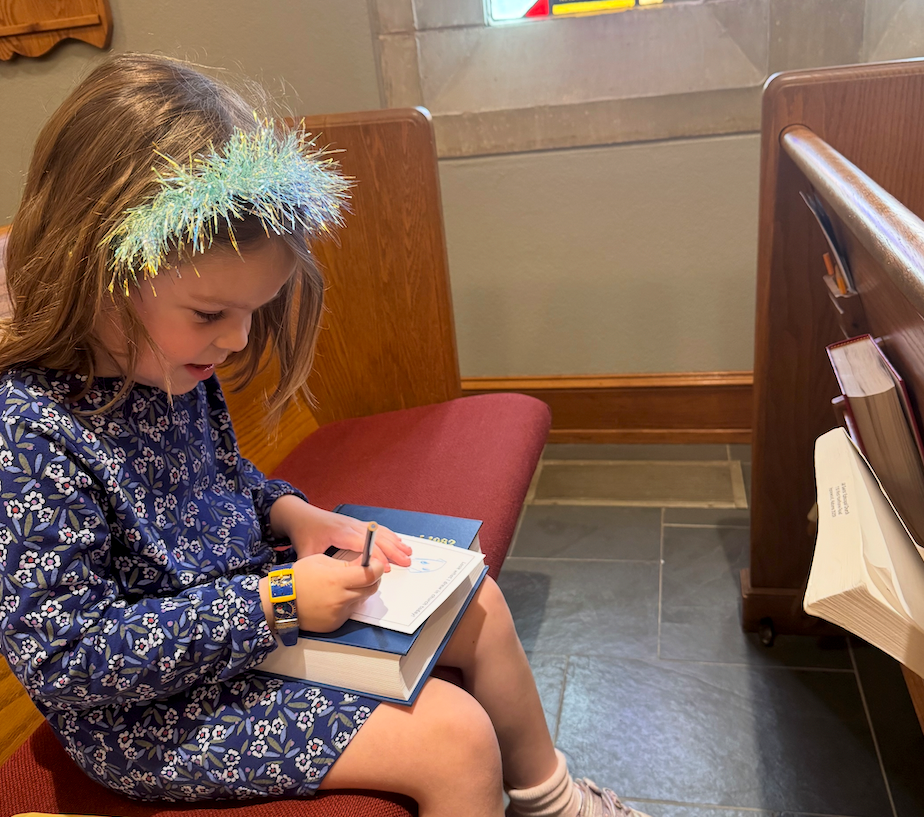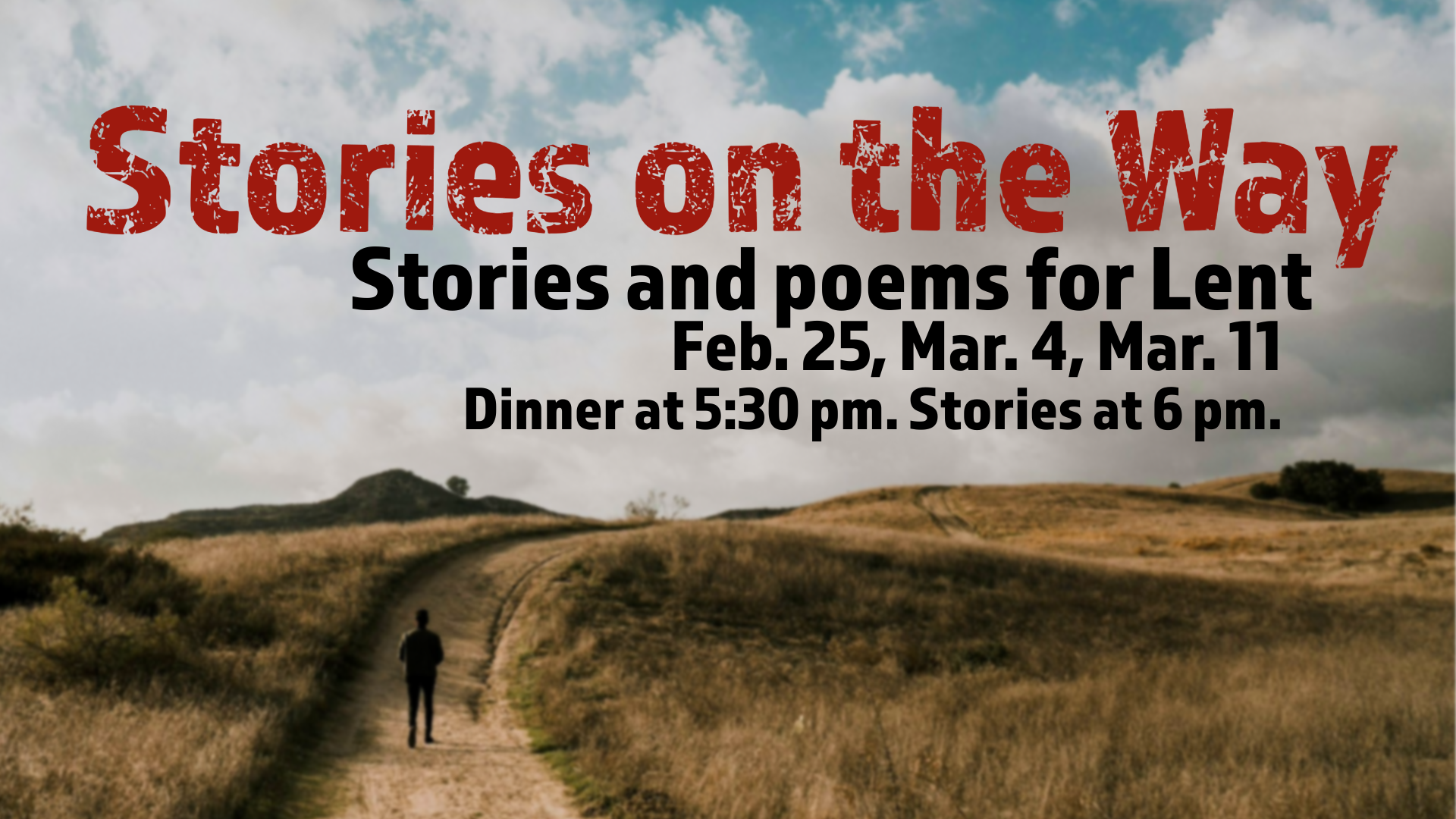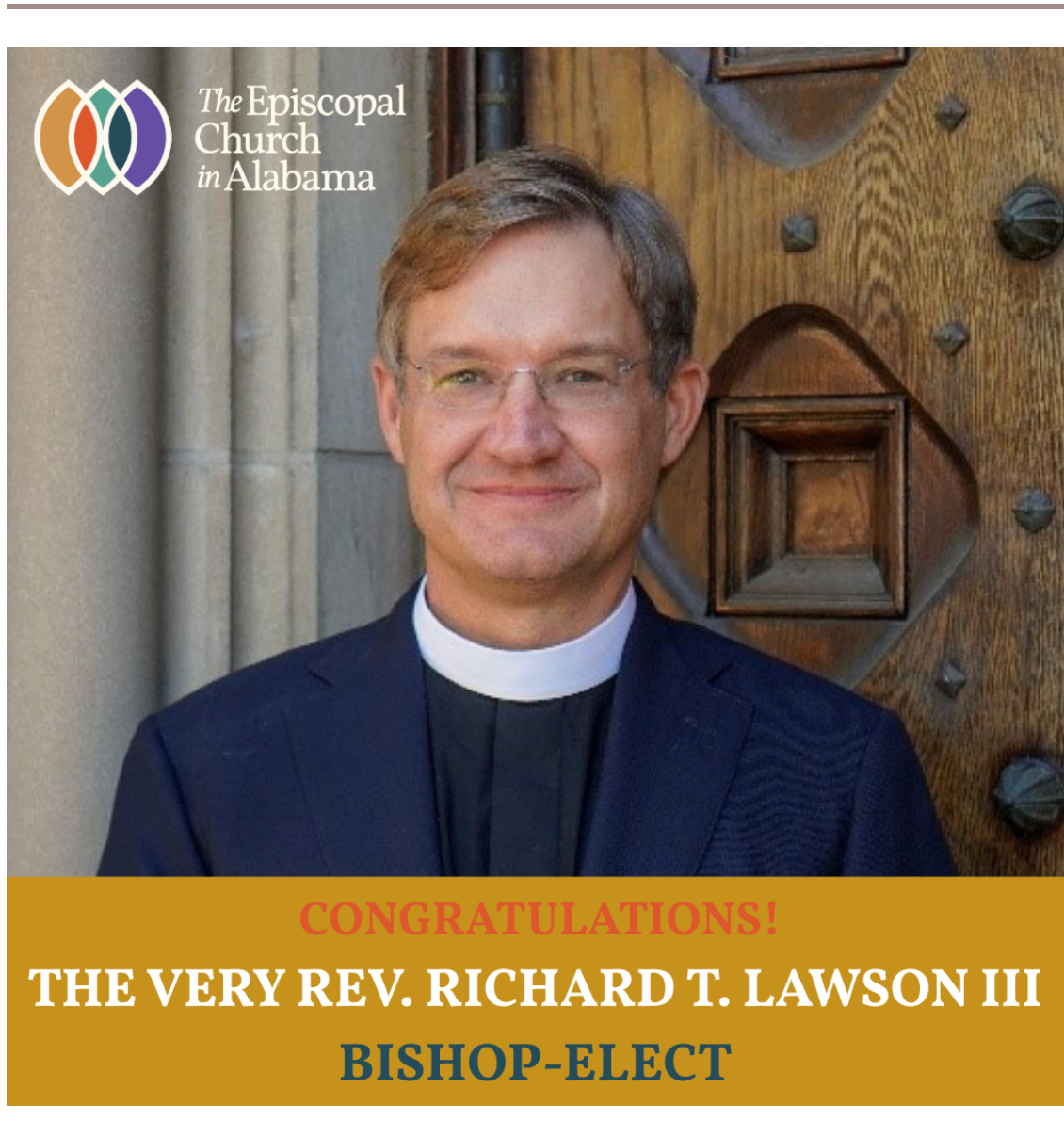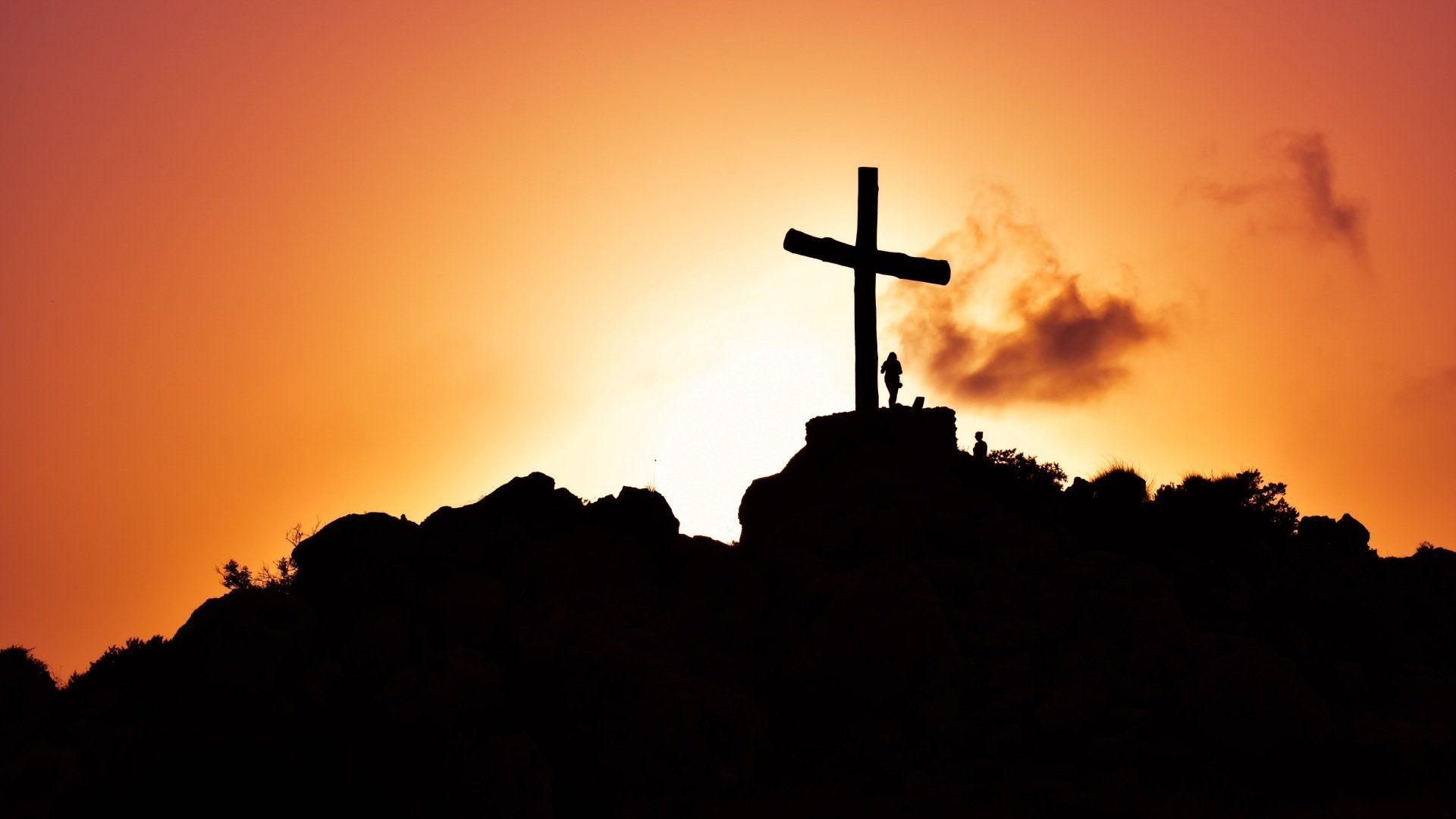Mirrors of Truth
“You Are God's Beloved”
Sermon by The Rev. Seth Olson
March 12, 2023
“Magic mirror on the wall, who is the fairest one of all?” in Disney’s telling of the fairy tale Snow White and the Seven Dwarfs, the Evil Queen ponders this very question. Unfortunately for the queen, the mirror’s truthful response—that Snow White stands as the fairest in the land—precipitates a dastardly plot to unfold. In this infamous encounter, the Wicked Queen happens upon the harsh reality of honest feedback.
Walter Wangerin, the author elaborated upon this very thing, “In mirrors I see myself. But in mirrors made of glass and silver I never see the whole of myself. I see the me I want to see, and I ignore the rest. [However] mirrors that hide nothing hurt me. They reveal an ugliness I’d rather deny.” Then, Wangerin provides a warning label for those who cannot handle the truth, “Avoid these mirrors of veracity!”[1] Perhaps you have no trouble seeing the mirrors that hold nothing back.
I often find these reflections to be double-edged—both brutal and beneficial. A friend who cuts through the small talk to say how I have hurt him. A spouse who does not obscure how I have let her down. A child who innocently happens upon the very weakness I have tried to hide from the world. A neighbor who sees me in a moment of weakness. A stranger who shows me the painful truth when I was discounting his very humanity. To any of these reflectors of reality, I might want to run away, or even go the way of the Evil Queen—shattering the mirror altogether—or I may simply plead, “Can’t I just ignore the honest mirrors that cause me to see my flawed, authentic self?” Not if I am going to follow in the way that Jesus leads.
Last week and this week in our Gospel lessons, Jesus held up mirrors to would-be-disciples, revealing the life-altering challenges that accompany following in the Way of Christ. Seven days ago, our story revealed the night-time wanderings of Nicodemus. The trained religious leader, Nicodemus, sought answers from the upstart teacher, Jesus. As the Pharisee pressed for solutions to the dilemmas of life, he could only hear literal responses. In the dimly lit encounter, the teacher of Israel struggled to see the light Jesus reflected. At least in that moment all Nicodemus could say was, “How can these things be?” He had a hard time looking in the mirror.
Today, we heard about a woman who approached Jesus in broad daylight. She sought sustenance from an old well. At first, looking at her reflection in the stagnant water she too could only behold Jesus’ literal words. He had no bucket; how could he promise living waters? However, her thirst persisted, as she kept wondering what Jesus was reflecting.
In many ways, she was the opposite of Jesus’ last conversational partner. Nicodemus had a name—she was unnamed by John. Nicodemus was a leader and a teacher of the Israelites—she was an outsider of Jesus’ Faith Tradition being a despised Samaritan. Nicodemus was male, very helpful in a patriarchal society—she was not. Nicodemus held a high standing as a religious leader—she had no power, privilege, or education of which we know. Additionally, she had little status as a multiple-times-divorced woman, and this deserves even more consideration.
What’s happening with all these marriages? Scholars argue over the importance of the multiple nuptials. Was she literally married five times? Were the marriages a symbol of the regimes of the Samaritans—the five political powers who ruled this tribe? Was this an allusion to the five distinct groups who made up the Samaritan people? It’s unclear, but before you start retrospectively shaming this divorcee though, know that Jesus nor John did any such thing.
Still, we might think that she felt some shame from her five divorces. She did come to the well in the middle of the day instead of during the rush of early morning or late afternoon, which may have been a way to avoid others. However, she also could have been at the well at noon to fulfill an ancient pattern about betrothal and marriage. In the Book of Genesis, Jacob met his wife Rachel, where? At a well! When? At noon! Likewise, Abraham’s servant found Isaac’s wife Rebekah, where? At a well! When? At noon! So, what does this mean? Is this woman a soon-to-be blushing bride? Not exactly!
This moment did foreshadow a marriage though, and John’s original audience would have picked up on it. This marriage though was a cosmic union between God and all people (including the Samaritans) through the messianic power of Christ in the person of Jesus of Nazareth. The woman at the well was a forerunner, an apostle, and a first fruit of this universal union being revealed. If she felt any shame in coming to the well at noon, she left it there with her water jug. As Jesus reflected the truth that he was the Messiah, she did not hide away. She did not turn back, nor did it take days or weeks or months for the truth to dawn upon her like it did for Nicodemus. Instead, she saw the truth in Jesus, the ultimate mirror. Even if her every scar was revealed in the reflection, so too was the pathway to healing.
Bare and exposed she was not embarrassed, instead she was enlivened. She dug deeper into the conversation, and the living water began to gush and spring and flow from everywhere. No longer did she feel like she was someone defined by her past. Instead, she was being born of the spirit and of the truth, as she was baptized by the source of living water. Leaving everything behind, she ran to her people and spoke words that Jesus used when calling his first disciples, “Come and see! Come and see a man who told me everything I have ever done! He cannot be the Messiah, can he?”
Jesus had reflected her inmost truth back to her. Unashamed she had a new vision of who she was. It was clear enough to her people too as their interest was piqued by her invitation—maybe they wanted to know their true selves too! Even if the Samaritans and Israelites were at odds, the Samaritan people did hope for the Taheb, a messiah who would come and reveal the truth (the description of the Taheb came from a blog post by Jennifer Garcia Bashaw on the Working Preacher website). After a few days with Jesus, these Samaritans believed Jesus was the Taheb. Jesus had bluntly said to the woman that, “I am he,” meaning I am the Messiah. She, and later her people, understood this such that they spoke a truth not heard elsewhere in John’s Gospel account, “This is truly the Savior of the world.”
In last week’s story, Nicodemus had heard about the Savior of the world—that God so loved the world that he gave his only Son, so that everyone who believes in him may not perish but have everlasting life. And yet it wasn’t Nicodemus, but this unnamed evangelist who shared Good News about the Savior, so that part of the world would know this love. There at the well, this unnamed woman had realized what we prayed in today’s collect, “We have no power in ourselves to help ourselves.” She had no power to help herself, but acknowledging this truth changed her life. And, when we honestly behold this realization, everything changes for us too.
We like to tell ourselves things like: if I just get this project accomplished, then I will be okay. If I get the promotion, then everything will be alright. If I find the perfect partner, it’ll all be fine. If I get everything right, then people will love me. If I _____, then I will be fulfilled. We have no power in ourselves to help ourselves—three years after the start of the COVID-19 Pandemic I feel more strongly about that than ever—our collect is correct.
We can’t earn God’s grace. This is clearly reflected in how Jesus responded to the woman at the well. God loves us first. God doesn’t wait for us to get it right. Christ Jesus shines as the ultimate mirror—truly showing us who God made us to be. When he encountered the Samaritan woman, she could see who she truly was—not a woman with baggage, not a series of scandals, not just a descendent of Jacob, but a beloved child of the Divine filled with God’s spirit and truth and called to pique her people’s curiosity with God’s Good News. Christ makes our real selves known too!
Although we might have trouble looking into truthful mirrors, Christ reflects our deepest truth back to us in strangers, friends, family, beloveds, and in creation itself. In these reflections, we can see who we are. If we are brave enough to look, we will see our flawed, authentic selves. As difficult as it is to view these honest mirrors, do not look away. Seeing who we are can be difficult and painful, still this is how we live in Spirit and Truth drinking the living water.
Christ Jesus shows us who we are. It is not easy to see our true selves, for we crave to see only our good parts, as we think we have power to save ourselves. However, as he invited the Samaritan woman not just to see her past reflected in the living water, but also to drink anew and never thirst again, so he calls us to gulp deeply of new life. He knows our whole selves, even our flaws and foibles. And, before we recognize our faults, God knows them, loving us still and calling us into new life.
Truthful mirror at the well whose is it who’s beloved still? It’s you. You are God’s beloved one, and I pray we may reflect that truth to one another—not matter where you’re from, what you’ve done or not done, or who you are—you are God’s beloved. Reflect on that!
More Announcements







